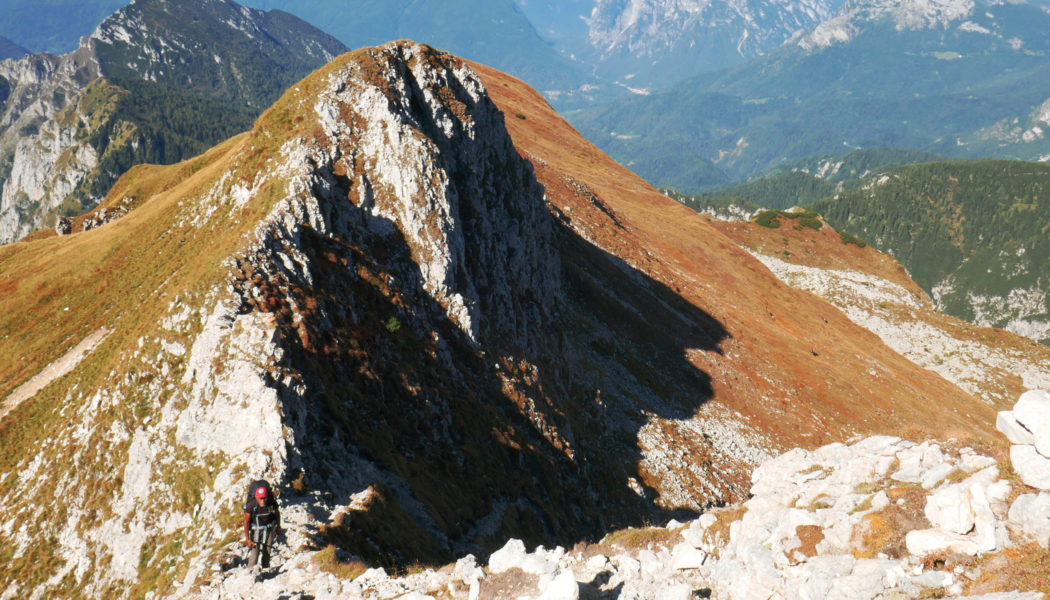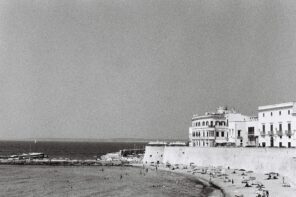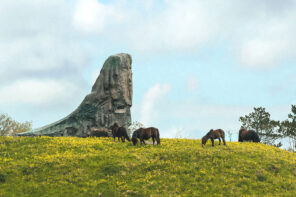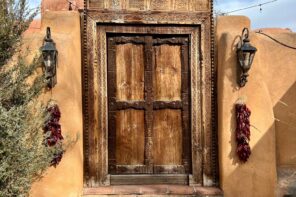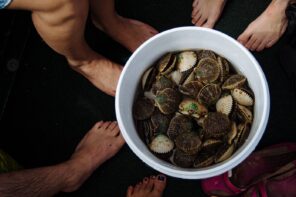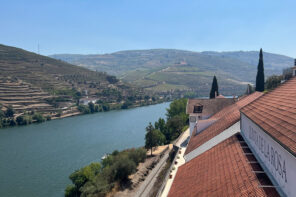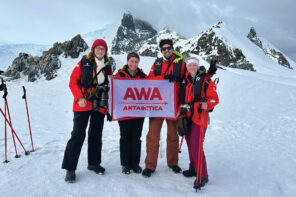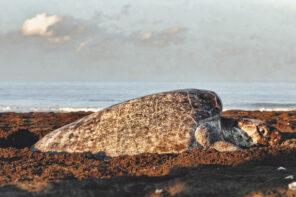An interview with thoughtful adventurer, outdoor advocate, and Explorers Club member J.R. Harris.
The Red Hat Man sounds like a good bedtime story for most kids. And if it were, J.R. would be just the main character the story needs. Having explored over thousands of miles and adventured all over the world, J.R. is the outdoorsman. Off the trails J.R. works to get kids—especially city kids—to fall back in love, or usually for the first time, with the great outdoors. This can be no easy feat in some cases when resources and access can be scarce. The Red Hat Man is up to the task. Through advice and passion-filled tales of adventure he’s convinced more than a few to wander back outside—doesn’t hurt when you’re a card-carrying member of The Explorers Club either.
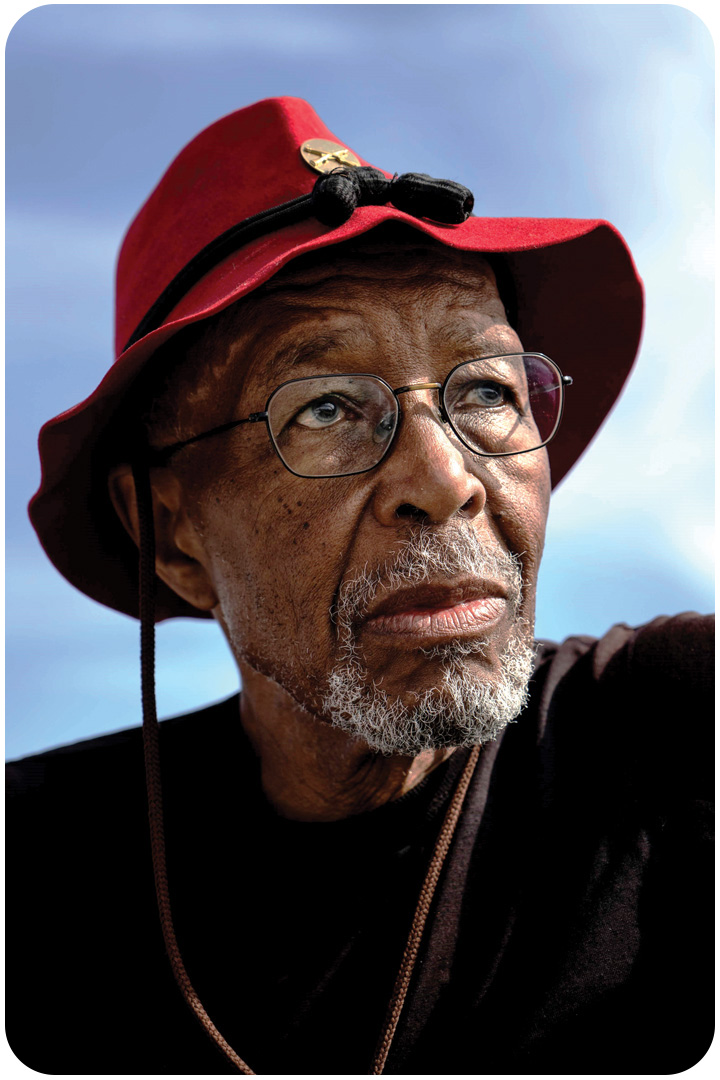
Q&A
How do you encourage people to get back to nature?
A lot of people are curious about nature but haven’t experienced it for a number of reasons: economic, cultural, physical, or just the vague fear of stepping outside their comfort zone. Others believe that there is something positive and beneficial about being out there, and that nature and the environment are in jeopardy and should be experienced before it is too late. For people feeling this range of emotions, I try to accentuate the positives of being in nature and urge them to make getting out there, in their own way and at their own pace, a priority. I believe that if they go out there just one time, they will experience the benefits that come from being in the great outdoors, and will begin to support and protect our natural environments.
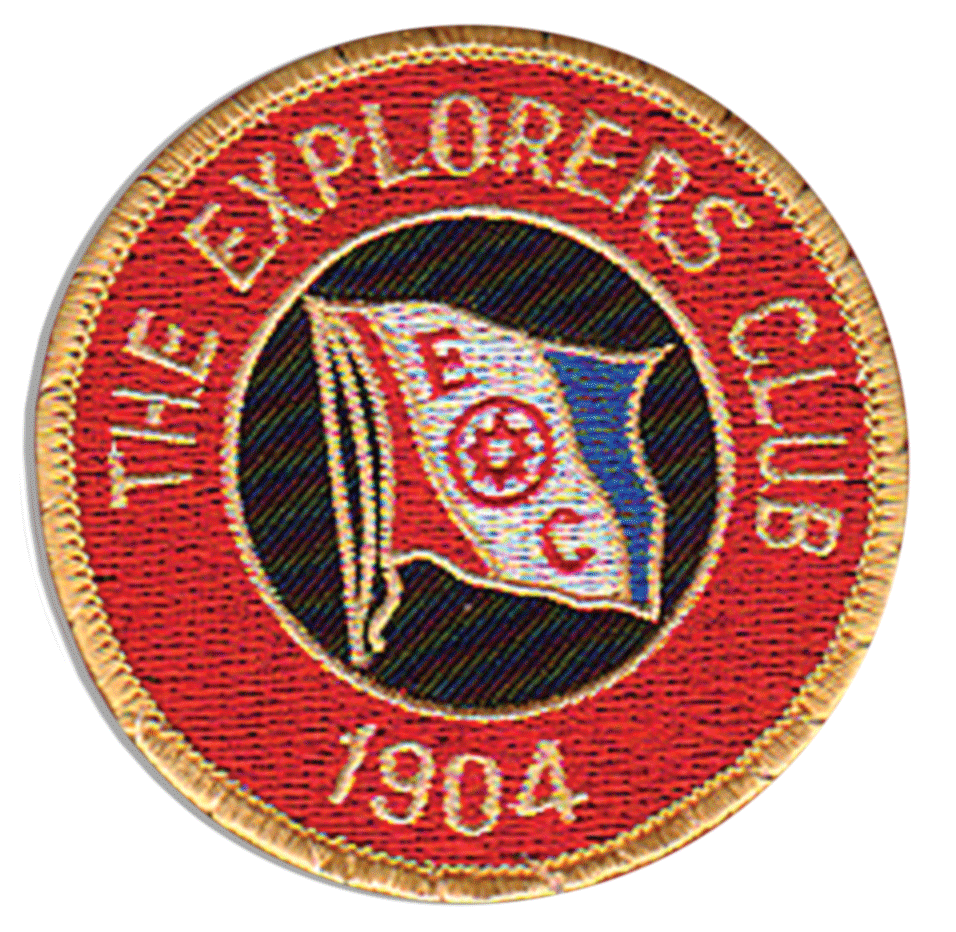
What was your experience of being inducted into The Explorers Club—what are some of the qualities the club looks for when asking people to join?
The Explorers Club is an international, multidisciplinary professional society dedicated to the advancement of field research and the idea that it is vital to preserve the instinct to explore. Founded in New York City in 1904, and with numerous chapters in the United States and around the world, the Club and its members promote the scientific exploration of land, sea, air and space by supporting research and education in the physical, natural and biological sciences. The Club also provides expedition resources including funding, online information and member-to-member consultation, but probably the most powerful resource available to those who join the Club is fellowship with other members—a global network of expertise, experience, technology, industry and support.
View from a mountain peak or from a valley lake?
If you are coming from a big city and you love being in the great outdoors, as I do, the contrast between what you see at home and what nature provides is striking. Choosing your favorite panoramic perspective is like trying to choose your favorite grandchild. Whether it’s a mountain peak, a valley lake, a sweep of tundra, a rocky gorge, a barren desert, a cool green forest or any other spectacular stretch of landscape, my initial reaction is always to be grateful for being there and to appreciate what a lovely planet we live on. My next reaction is to hope we can learn to preserve and protect it.
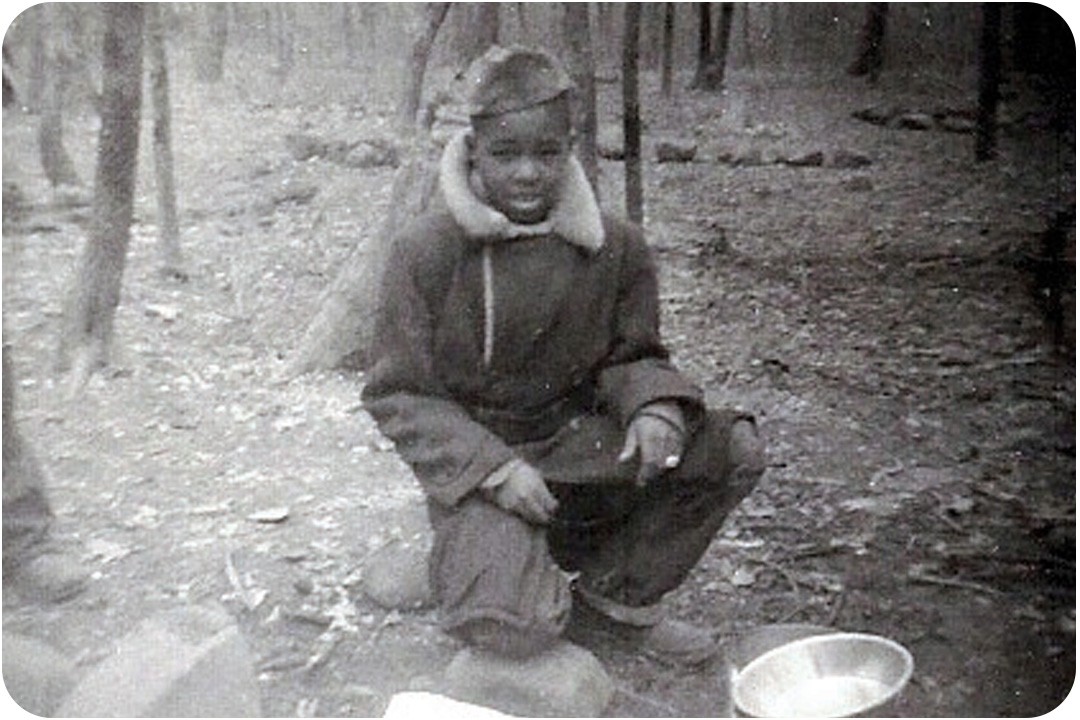
What’s been your most harrowing experience trekking? Or a moment that will resonate with you for the rest of your life?
I’ve had my share of harrowing moments and it is not hyperbole to say that I am lucky to still be alive, but there is one incident that holds a special place in my memory. It happened in March of 1992 while I was backpacking alone across the mountains of southwest Tasmania. It was an exhausting journey, and adding to my misery, one afternoon I got lost and had to search for the trail. To speed things up, I took off my heavy backpack and leaned it against a large, flat rock where I could easily retrieve it. I eventually found the trail, but then couldn’t find my pack.
At that moment I began to grasp the enormity of the mistake I made. I should never have left my pack. With nightfall approaching and the temperature dropping fast, I had no tent, no food, and no warm clothing. In fact, I had begun shivering uncontrollably—the first sign of hypothermia. I knew that if I didn’t find my pack before it got dark, there was no way I could survive until morning. I would die of exposure. I was 48 years old and had been hiking for decades, and now I would die because of a dumb mistake.
Just before it got too dark to see, I stumbled upon my pack, purely by chance. This was one of the worst days of my life.
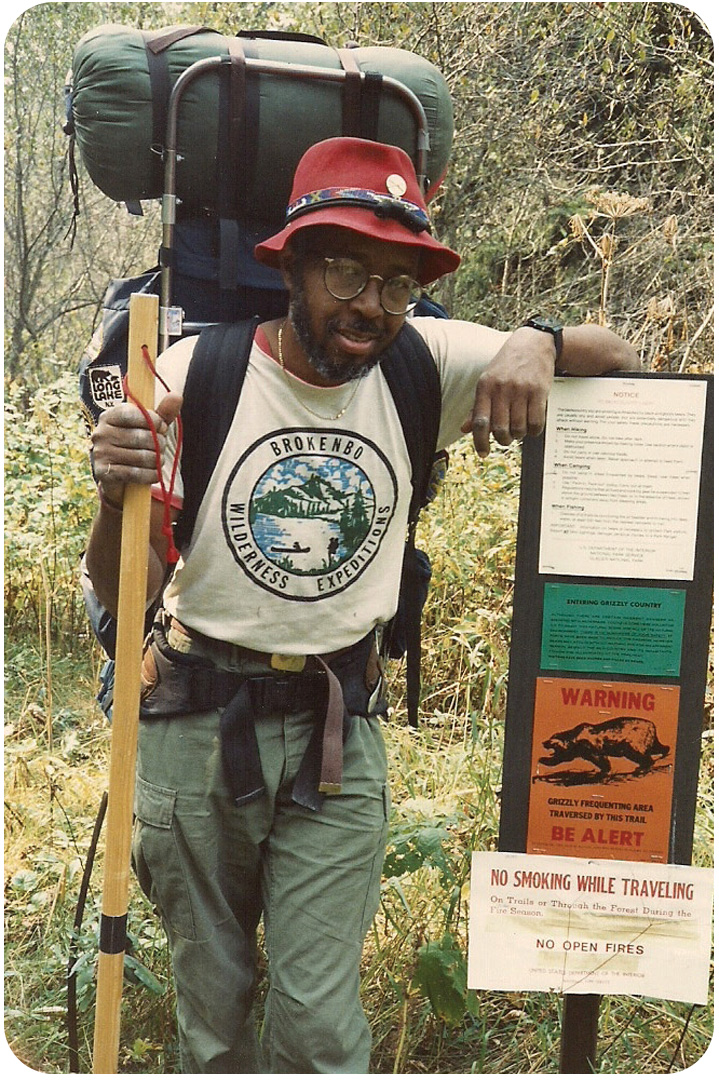
How is it being an NYC native while advocating for the great outdoors? What do you recommend to city kids who want to get outdoors more?
Most city kids have no interest or desire to experience the great outdoors. They typically don’t know anyone who has been there and see no reason why they would want to go. Vague benefits such as “it’s healthy” or “it’s transformative” are not particularly effective. I can relate because that’s how I felt when I was a young city kid. Frankly, it may be more effective to convince parents to take or send their kids out there, as my parents sent me to summer camp in the mountains as a Boy Scout. On the flip side, once a kid goes and experiences what it’s like out in nature, chances are they will want to go back, which is what happened to me. And when they tell their friends about it, their friends may want to try it as well.
A curious mind may never be satisfied, but if you remain inquisitive, it will always be gratified.
If you had to pick only two National Parks to visit for the rest of your life, which would you choose?
I’ve been fortunate to have spent time in more than 20 national parks in the U.S. and another 29 in other countries, and I hope to visit many more. Nevertheless, choosing the two that I would most like to visit is easy because I have already been to both of them. My two favorites are Gates of the Arctic National Park in northern Alaska and West MacDonnell National Park in the Australian Outback. I would return to either park in a heartbeat. Although they are in totally different environments and on opposite sides of the world, they have two things in common that I treasure: size and solitude. I enjoy being alone in the wilderness and these two parks are huge places that relatively few are likely to visit. When I go out there, I can easily get lost on purpose.
What was the most humbling component of becoming a published author? what do you hope someone takes away from reading Way Out There?
It humbles me to know that readers enjoy my tales of adventure and are inspired by where I’ve been and what I’ve done. I hope they recognize that curiosity is the engine that drives exploration and discovery, and that they should indulge their curiosity in whatever they may want to do in life. I hope they appreciate that a curious mind can never rest, that there are too many things to see and do, and too many questions that need answers. I would like them to realize that if they let their body follow, a curious mind will lead them down paths never anticipated; it will be an incessant search for knowledge and insight. This can be frustrating because true curiosity never achieves closure. Or it can be fulfilling, for exactly the same reason. A curious mind may never be satisfied, but if you remain inquisitive, it will always be gratified.
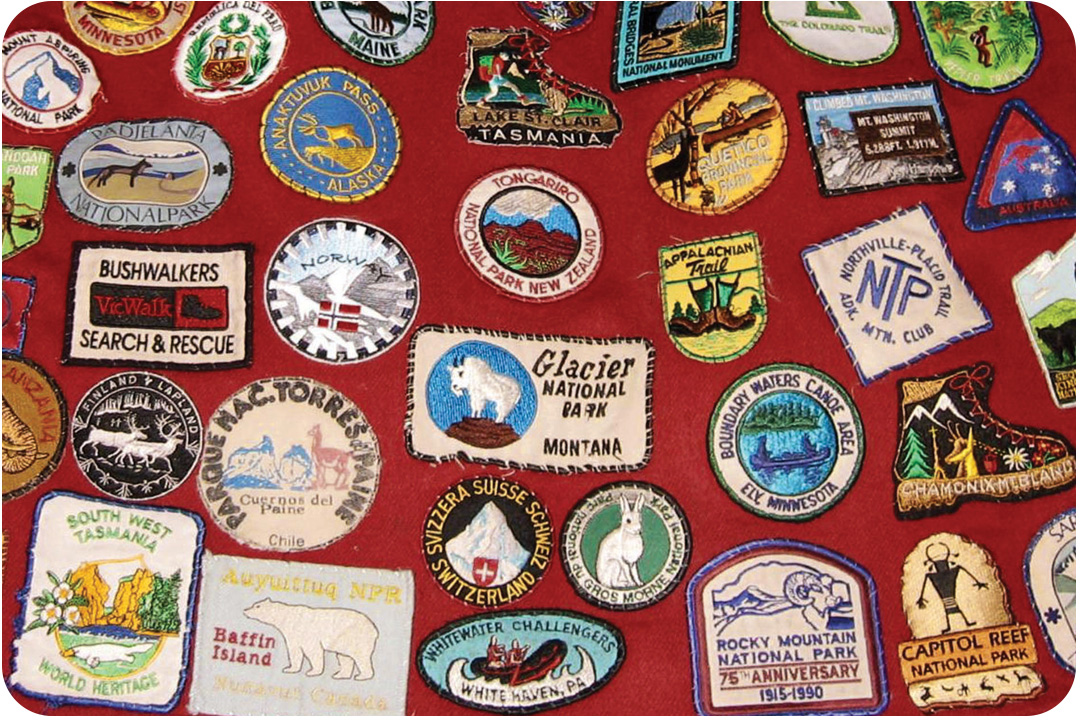
The best thing being an outdoorsman has done for you?
The best thing about being an outdoorsman is the life lessons the outdoors has taught me. I’ve learned that Mother Nature doesn’t discriminate. She doesn’t care if you are rich or poor, Black or white, young or old, gay or straight, male or female, liberal or conservative. Also, when you spend time in nature you begin to realize how insignificant you are. Being out there can teach you humility, and with humility comes mutual respect and tolerance. You become less self-absorbed, less confrontational, and this in turn makes it easier to respect others and to work together for a common good.
Who would you most like to share stories around the campfire with? Could be anyone.
There are a number of people I would like to share a campfire with, most are explorers, but if I had to choose just one, it would be the African American Arctic explorer Matthew A. Henson, who accompanied Robert Peary and four Inuit hunters from Greenland on their epic attempt to reach the North Pole in 1909.
I’ve often imagined what our conversation would be like. I would ask him about dogs. Did he regard dogs merely as a means of pulling his sled, or did he have a genuine affection for them? I would ask him about food, especially what they hunted, fished and gathered in the far north, and if he ever had an urge for a ham and Swiss on rye or an ice cream soda. I would ask him how he felt after he returned from his last expedition, realizing that all the Arctic skills he’d acquired would now be useless and he would be back in a society where he would have to struggle to make ends meet. And of course, I would ask him the question that everyone would ask: Did you guys really make it to the Pole?
I think he might be a little curious about me too. I imagine he would be intrigued by my own experiences with the Inuit and how they compared with his. A number of my trips were solo so he might be curious about that. He might also appreciate my good fortune in being able to determine my own dreams of exploration, rather than work to realize the dreams of someone else.
It would be great to share some time with Henson. We would need a lot of firewood for this chat.

